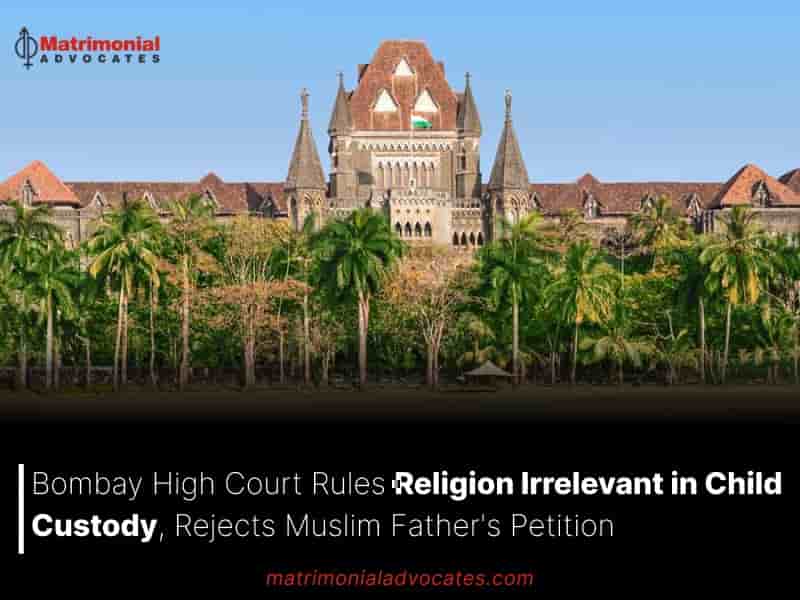
The father, who sought the access to his three-year-old daughter, argued that under Muslim law, as the natural guardian, he should be awarded the custody of the child
The Bombay High Court on Monday observed that although religion can be considered when determining child custody, it does not hold overriding or decisive weight [S v State of Maharashtra].
This remark came from a Bench comprising Justice Sarang Kotwal and Justice SM Modak, while rejecting a habeas corpus plea filed by a Muslim father seeking custody of his three-year-old daughter, who currently resides with her mother in Delhi.
The petitioner contended that under Islamic law, the father is recognized as the natural guardian of the child.
However, the Court ruled that:
“The religion of a party is not the only consideration before the Court in such cases for consideration of the welfare of the child. The religion of the minor is only one of the considerations, but it is not a decisive overriding factor. It is only one of the many factors which the Court has to consider as to what is for the welfare of the minor. In our opinion, for a three year old girl child, being in the custody of her mother would be for her welfare.”
The petitioner, a resident of Mumbai, claimed that his wife—who holds U.S. citizenship—had clandestinely taken their daughter from Mumbai, where the child had been living with him since her birth in 2022.
He further argued that his wife’s frequent international travel due to her profession as a fashion stylist and social media influencer reflected an absence of stable roots in India, thereby making her unsuitable to serve as the child’s guardian.
He also invoked Muslim personal law, asserting his status as the natural guardian and his consequent right to custody.
However, the Court emphasized that, as a general principle, the welfare of a young child is best served by remaining in the care of the mother, unless compelling circumstances dictate otherwise.
“Ordinarily, the custody of a girl child who is around 7 years of age must ideally be with the mother unless there are circumstances to indicate that it would be harmful to the girl child to remain in the custody of the mother. In the present case, the child is hardly 3 years of age.”
The Court rejected the argument that the wife’s allegedly “erratic” lifestyle, attributed to her professional obligations, would impair her capacity to provide proper care and a stable environment for the child.
“It is a disputed fact which cannot be held as the truth to deny the custody of the child to the mother,” it said.
The Court further noted that the petitioner had another legal option under the Guardians and Wards Act, 1890.
It was also pointed out that the petitioner’s wife had already initiated proceedings under the same Act in New Delhi, where the court had issued an order preventing the father from forcibly taking the child from the mother’s custody.
Considering these circumstances, the High Court chose not to grant relief to the father. However, it extended the interim order—prohibiting the child’s removal from India—for an additional 60 days, providing the father with time to explore appropriate remedies under the Guardians and Wards Act.





